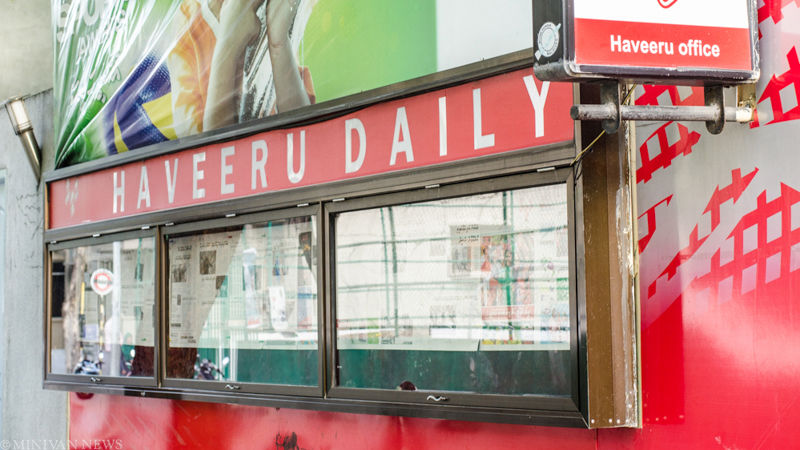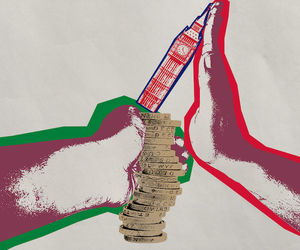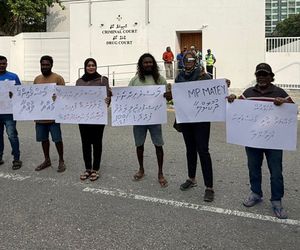Time stands still: Maldivians react to Haveeru closure
Maldivians reacted with despair as the country’s oldest newspaper remained closed for a third day amidst a bitter ownership battle. “Three days without Haveeru is like deleting three days from the calendar,” one reader said.

06 Apr 2016, 9:00 AM
The Maldives’ oldest newspaper Haveeru remained closed for a third day on Tuesday amidst a bitter ownership battle causing great despair among readers.
The civil court had ordered Haveeru’s owner Zahir Hussain to involve three others in operating the paper following a controversial High Court ruling that had split the paper’s ownership.
Haveeru subsequently suspended publishing its print edition and closed its offices, but continued updating its website claiming that the dispute only concerned the newsprint issue. The court subsequently put out a second ruling ordering Zahir not use Haveeru’s name or its logo without the involvement of the new owners.
The move was widely reported as a ban on Haveeru’s publication, prompting the court to threaten action against other media outlets over what it called incorrect reporting.
Become a member
Get full access to our archive and personalise your experience.
Already a member?
Discussion
No comments yet. Be the first to share your thoughts!
No comments yet. Be the first to join the conversation!
Join the Conversation
Sign in to share your thoughts under an alias and take part in the discussion. Independent journalism thrives on open, respectful debate — your voice matters.




